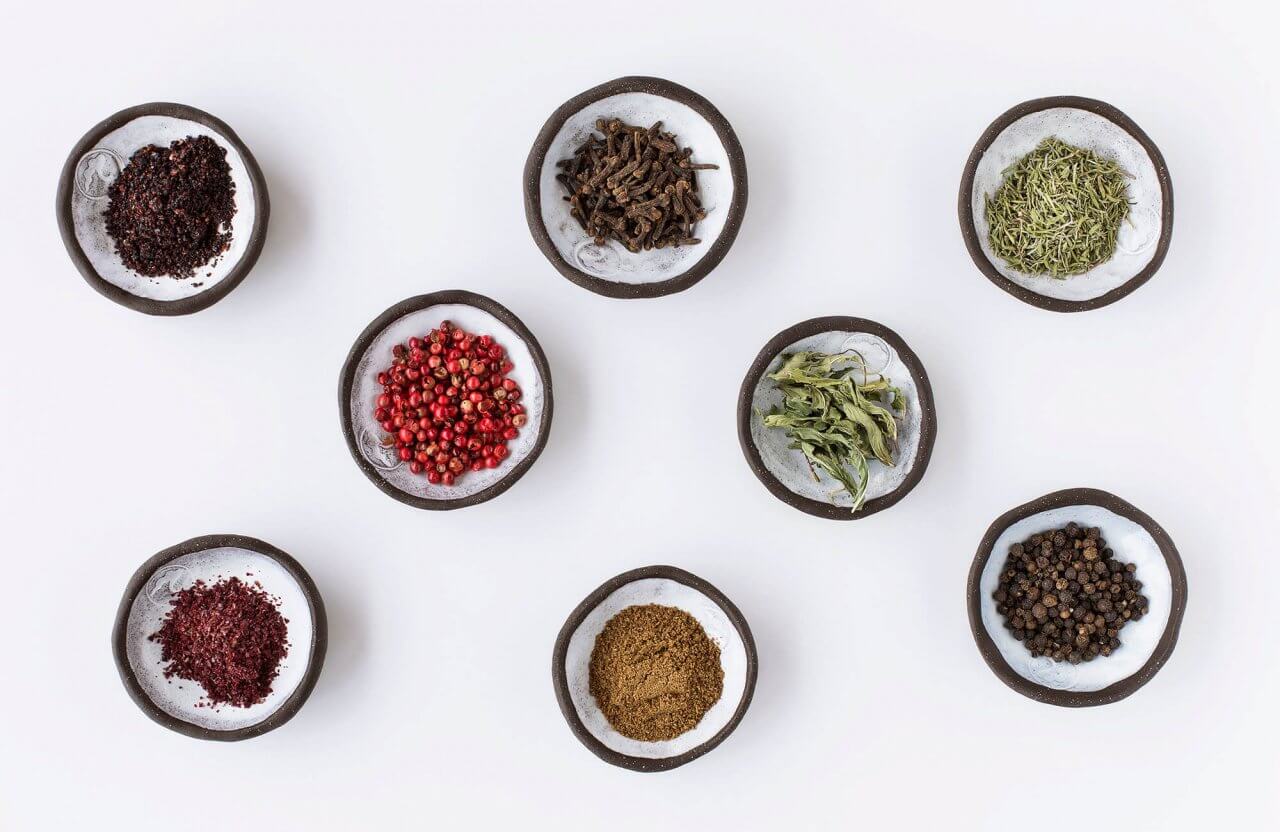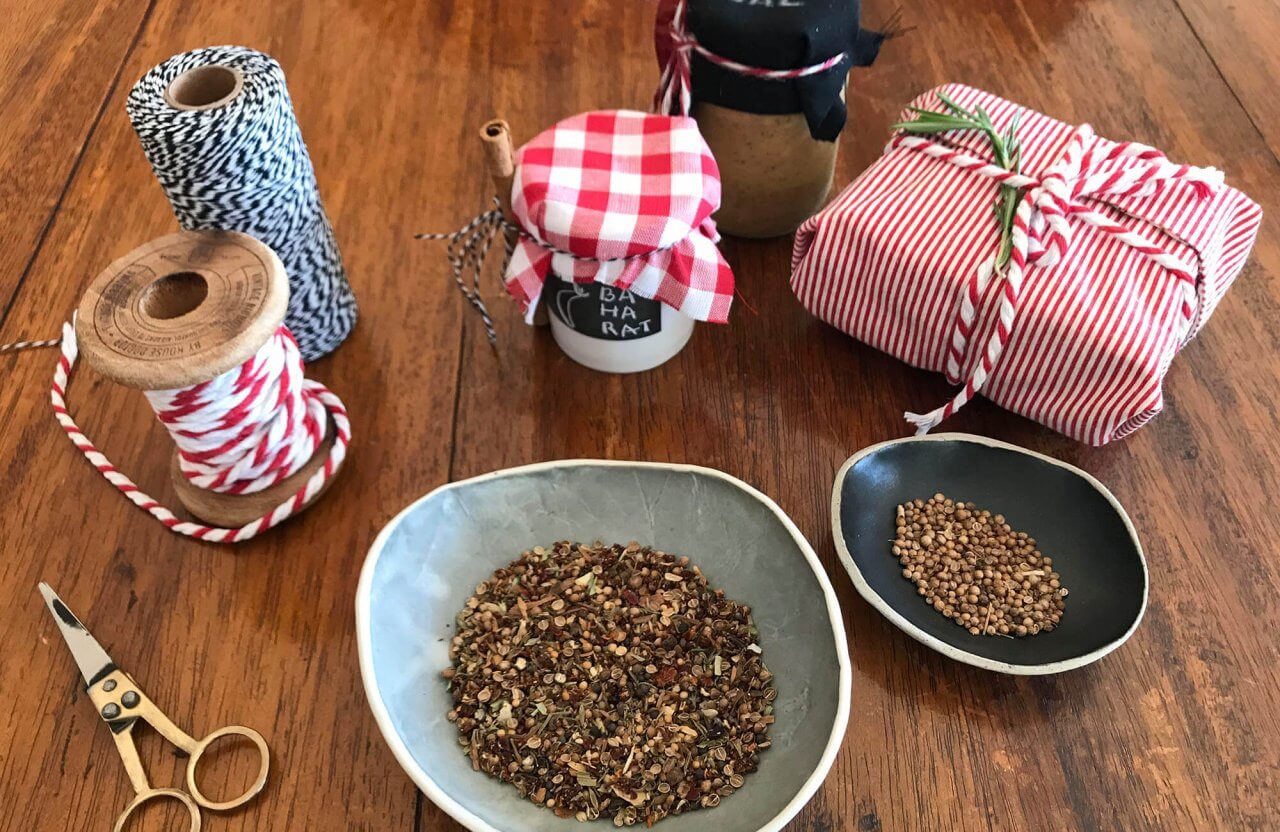The most colourful, delicious, sweetest-smelling ground and seed spices are lined up in your kitchen cabinet. Look how innocent they look in those small jars. Are these ingredients what shook empires, caused discoveries, migrations and wars of independence five hundred years ago?
People used to pay their rent in the same black pepper that we now use in meatballs at home. The nutmeg that we add to our desserts was once more valuable than gold. Spain and Portugal spent most of the 16th century fighting for those cloves some might chew on when leaving a restaurant!
The value of spices is now taken for granted but we can’t imagine life without them. Spices can turn a “good dish” into a “masterpiece”.
They can add the sweetness or bitterness required for a particular dish. Spices can also enhance the natural flavour of other ingredients. This is generally what salt does but when spices, such as cumin, are combined with other ingredients they can really bring out their natural flavour. Another reason for using spices is to transform the colour of your dish. Turmeric, paprika, saffron etc. All of these spices have the ability to change the colour of a dish.



